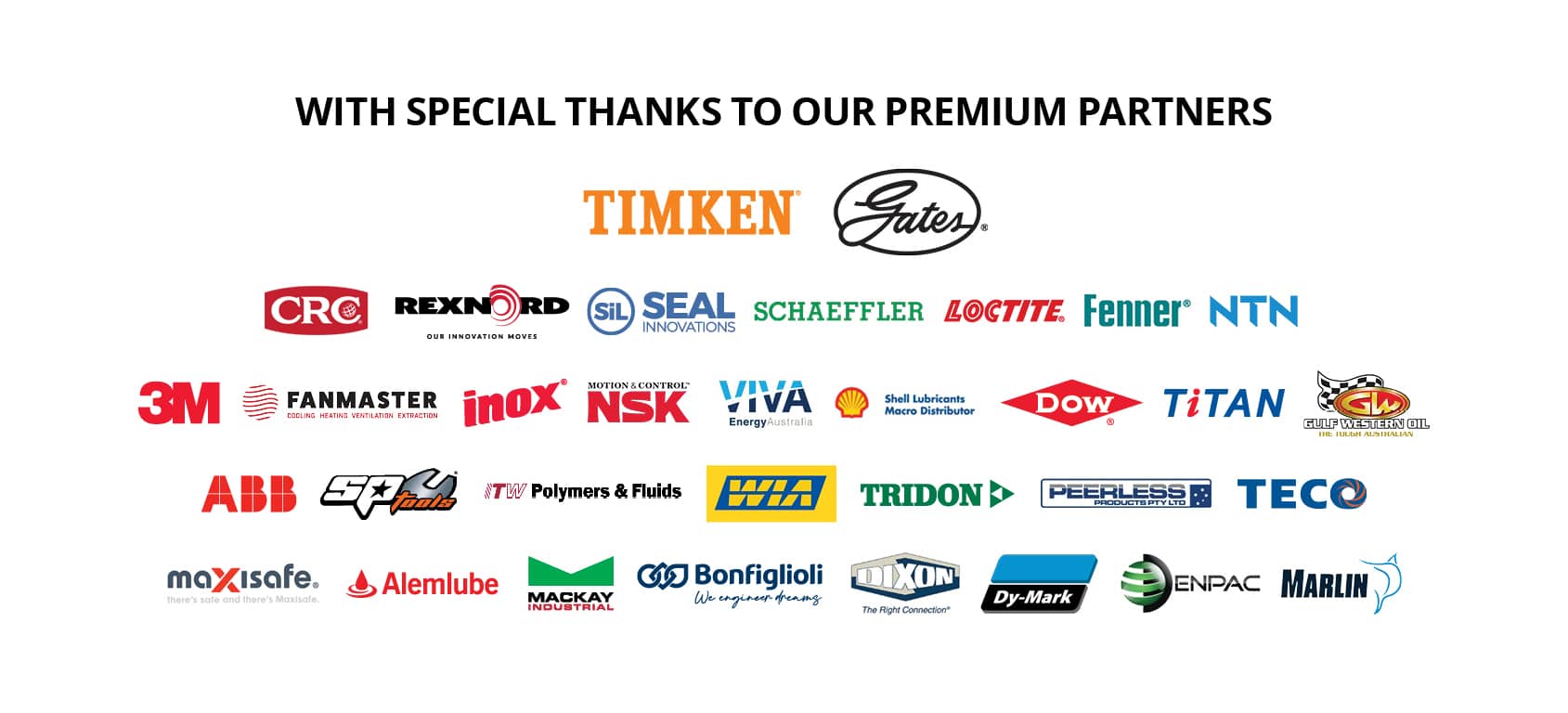
03 Sep Extending tractor life with a tried-and-tested oil formulation
As farmers and agricultural equipment repairers gear up for the spring harvest season, Steve Keown, BSC’s National Product Manager for Lubricants and Lubrication Equipment says keeping some tips in mind can help achieve better equipment and lubricant efficiencies.
“Choosing the right type of lubricant is the vital first step in ensuring extended life of the agricultural equipment,” he says. “Whether you have a tractor, forklift, loader or any other piece of agricultural equipment, it’s always best to check that you have the correct lubricant for your specific application.”
Through its partnership with Australian lubricant manufacturer, Gulf Western Oil (GWO), BSC offers a wide selection of lubricants across its branch network.
Ben Manwaring who owns BM Ag Repairs, a harvester repair business in Wagga Wagga in New South Wales, repairs between 60 to 70 combine harvesters each year, with business peaking before the harvest in October. He also helps farmers in the region with tractor repairs and diagnostic services for their equipment.
A long-term customer of BSC’s Wagga Wagga branch, Ben has been buying GWO products, including the Agritrans tractor oil, with very satisfactory results.
“I’ve been using GWO products ever since BSC started selling them. They are very reliable products, and also very cost-competitive,” says Ben.
“I drop by at the BSC Wagga Wagga store whenever I visit the town. They always have a full stock of products, which is a big benefit for me. Even if I need something that they don’t have readily available, they’ll stock it before long. That’s why I find working with BSC very convenient,” he concludes.
Christopher Bright, GWO’s National Account Manager, says the GWO Agritrans tractor oil is suited to all tractors requiring a common oil for transmissions, hydraulics, differentials, final drives, and wet brake systems.
“Basically, for any application that calls for Universal Tractor Transmission Oil (UTTO) or Tractor Hydraulic Fluid (THF), Agritrans is the perfect fit,” he says. “The formulation has been field-tested extensively to suit the majority of modern tractors from globally leading brands, in the demanding Australian environment.”
High wear protection, advanced yellow metal protection and wet brake capabilities are some of the key features of Agritrans.
“Using Agritrans prevents yellow metal transfer in hydraulic cylinders. The oil has also been designed with superior frictional characteristics, which is key to wet brake and transmission performance. Apart from tractors, Agritrans is also a reliable oil for any off-road equipment,” says Christopher.
Steve recommends that farmers and equipment repairers consult experts from BSC or GWO to ensure they have the right product.
“You can access the GWO Lube Desk on their website, it is also available as an iPhone or Android app, or you contact GWO’s National Technical helpline to seek advice. For more information, you can ask specialists at BSC and our team can support you with any lubrication-related queries.”
Where the transmission has been overheated or if the equipment has missed its required lubricant drain interval, Steve recommends draining the old lubricant and then flushing the transmission with fresh lubricant to remove all contaminants. This will maximise the life of the transmission and fresh lubricant fill.
Checking the conditions set out in the maintenance schedule is another key step for machine maintenance, according to Steve.
“The maintenance schedules outlined by the equipment manufacturers often pertain to the standard operating conditions; but operators should also factor in the extreme operating conditions. Your equipment might be operating in very low or high ambient temperature, under high loads, prolonged operating hours or in a very dusty environment. Sometimes OEMs also advise on what should be done for off-season storage or for recommissioning a unit that’s been kept in storage for a long time.”
Another point for both service technicians and operators to keep in mind is to always check the transmission coolers.
“Whether your equipment has a heat-exchanger type cooler or an oil-to-air cooler, make sure they are free of obstructions and debris and check that the cooler lines are in good condition,” says Steve.

